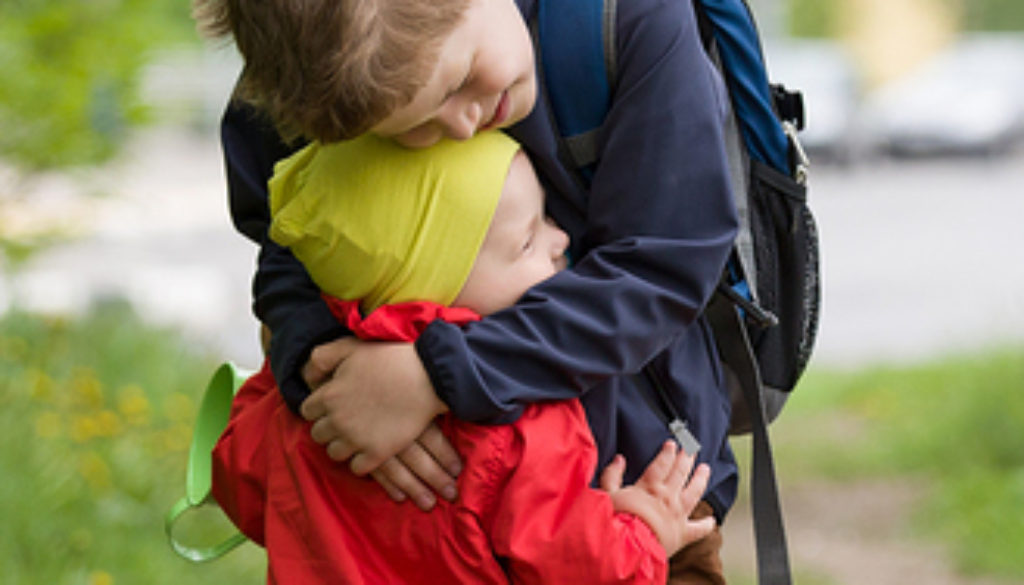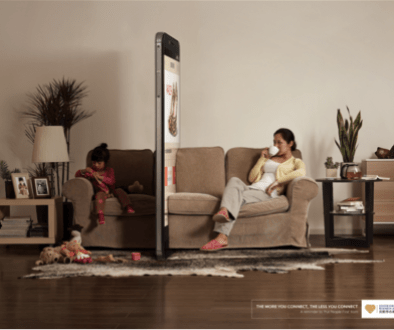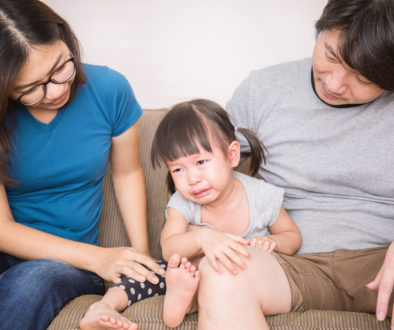Saying sorry…it’s not that easy!

Because the concept of “sorry” is not something children can hold in their hands and touch, it is very difficult for them to understand. Children first have to understand empathy in order to be able to genuinely apologize. After all a genuine apology represents that the child understands what they did, accepts responsibility for it, and understands that what they did was wrong; some adults struggle with this! If research shows that children do not develop empathy until age five or six, what is a parent to do!?
Apologizing is an important life lesson, but just like sharing, this is a lesson that cannot be forced! Parents can, however, start laying the foundation for genuine apologies by teaching your child what it means to say “I’m sorry.”
- Set high standards – Explain to your little one that saying you are sorry is important! Show him that your family apologizes when they hurt someone or do something that is bothersome.
- Model the behavior – Find examples to practice with your child. Apologize if you were short with your little one because you were late for work. “I’m so sorry I snapped at you. I was worried about being late for my meeting and I took it out on you.”
- Recognize your child’s efforts, even when he doesn’t have the words – “Thank you so much for hugging Sara. I can see that you are sorry for pushing her.”
- Encourage making amends– “I can see that Sara is upset because you pushed her. What can you say or do to make her feel better?”
While you want to begin teaching your child the concept of apologizing, forcing your child to apologize can often make it worse. You may find yourself in a power struggle with your little one. Don’t forget that he is still learning what it means to be sorry and developmentally, he may need some time to really grasp the concept! With lots of modeling, encouraging and growth, he will learn to apologize for his mistakes.





